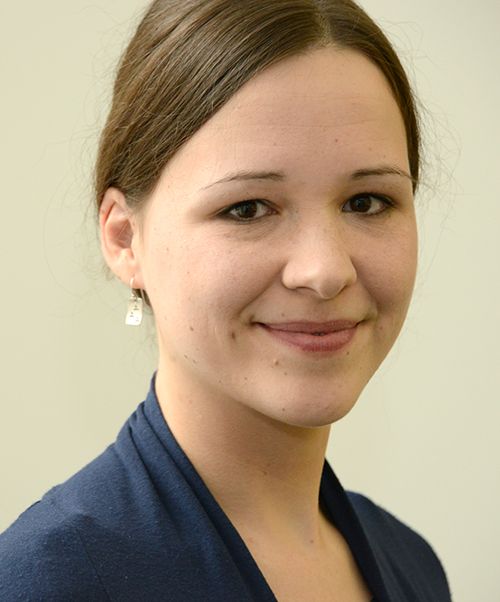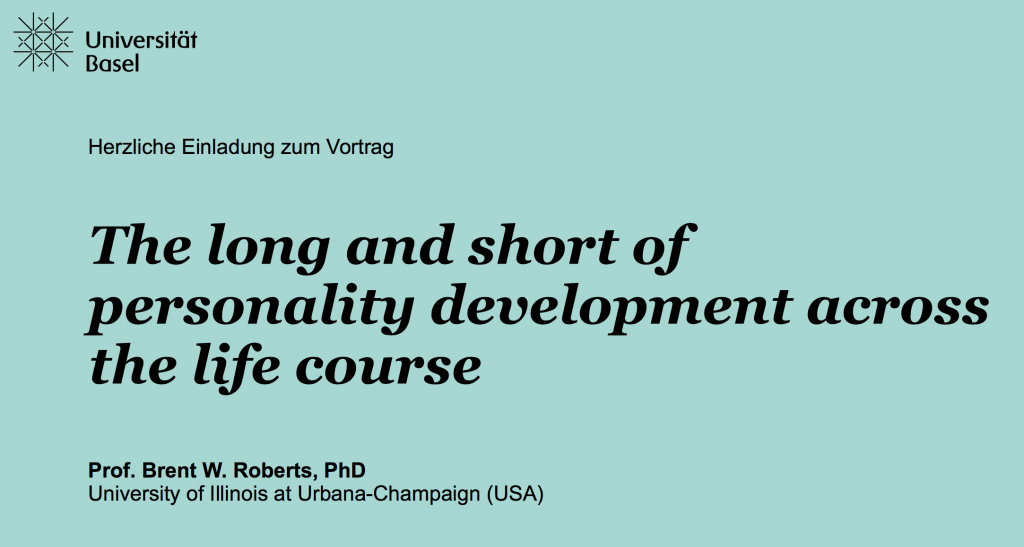
This week, we have Jan Dijkstra, University of Groningen, visiting and giving a talk in the Social, Economic, and Decision Psychology colloquium (title and abstract follow).
Risk behavior in adolescence
A striking feature of adolescence is the rapid increase of youth engagement in risk behaviors, such as alcohol use and delinquency. In this presentation, I will elaborate on one explanation for the increase of risk behaviors in adolescence: the maturity-gap. Furthermore, I will zoom in on the role of peers by focusing on two distinct aspects of adolescent peer relations: status and friends. Using longitudinal social network analyses allows the understanding and unravelling of how peers matter for risk behaviors in adolescence.




 Save the date:
Save the date: